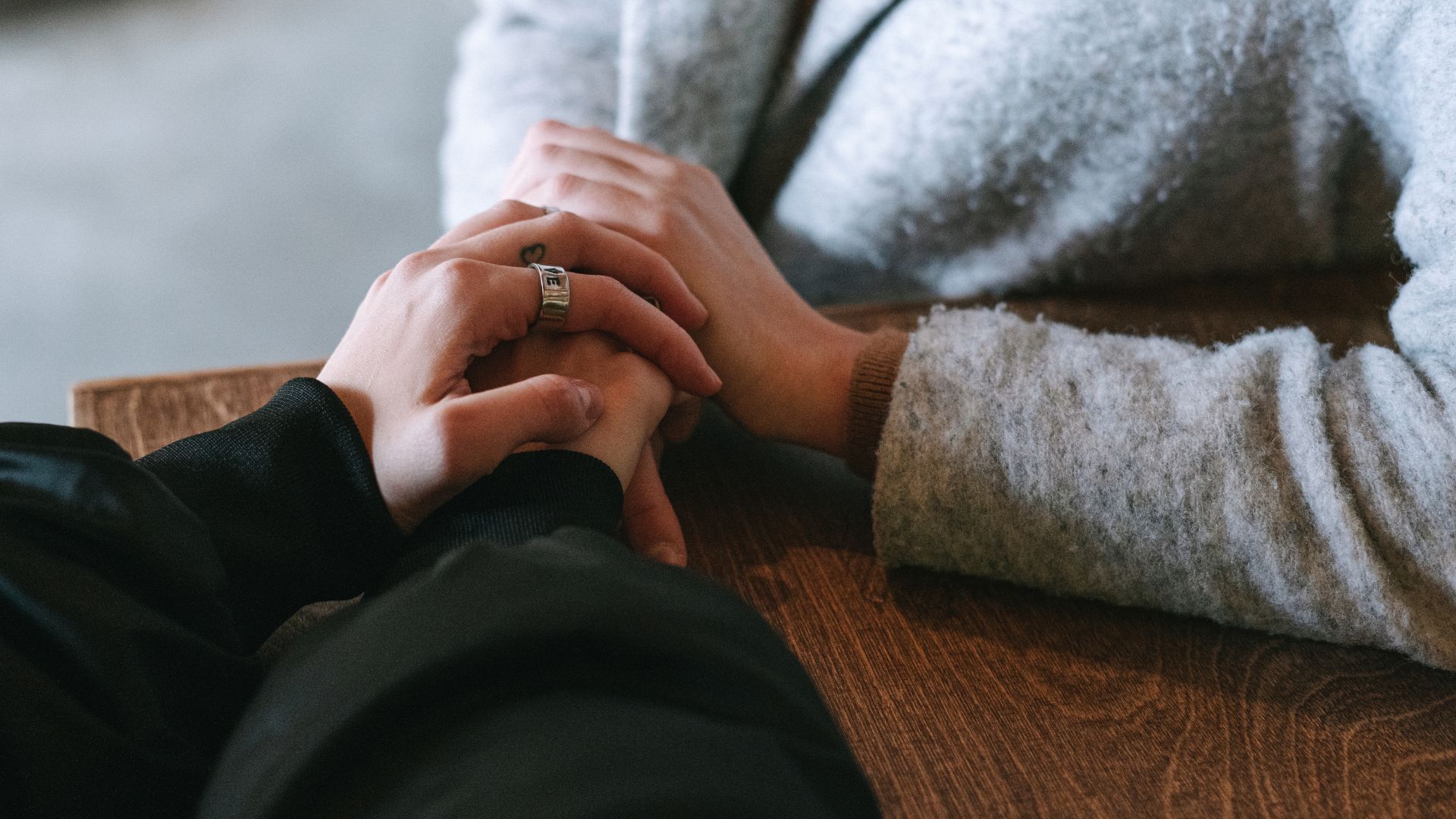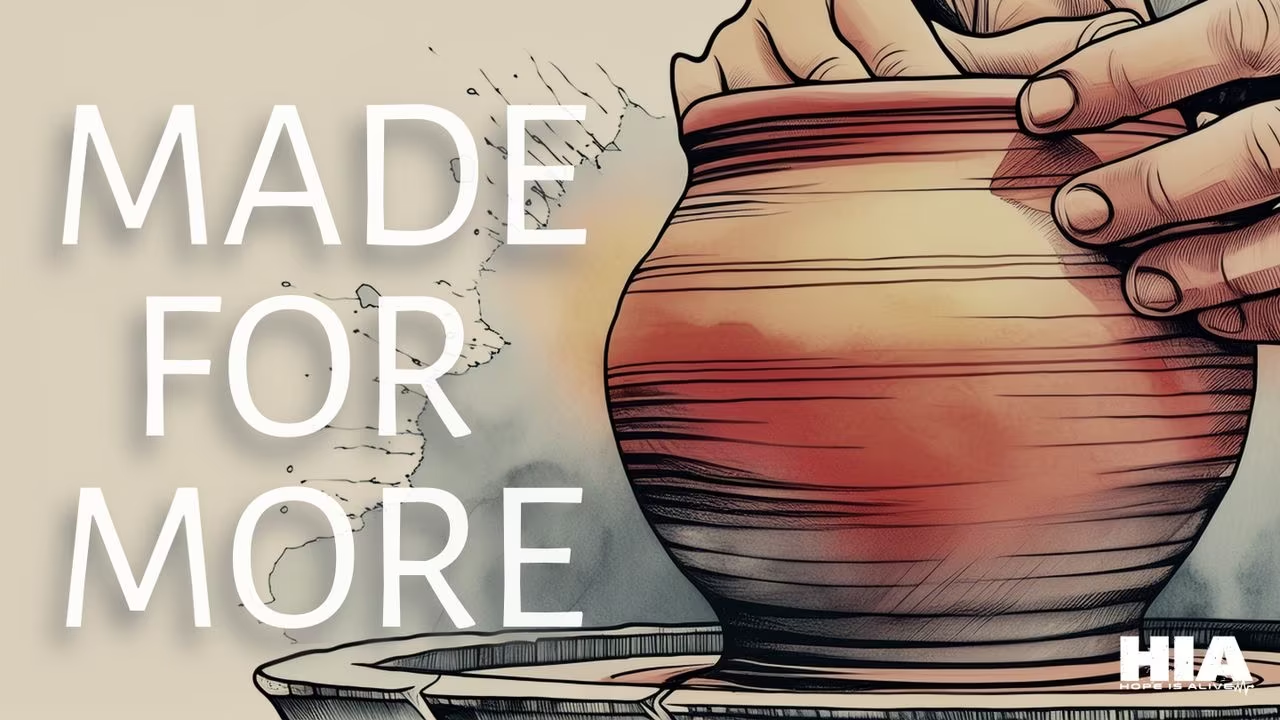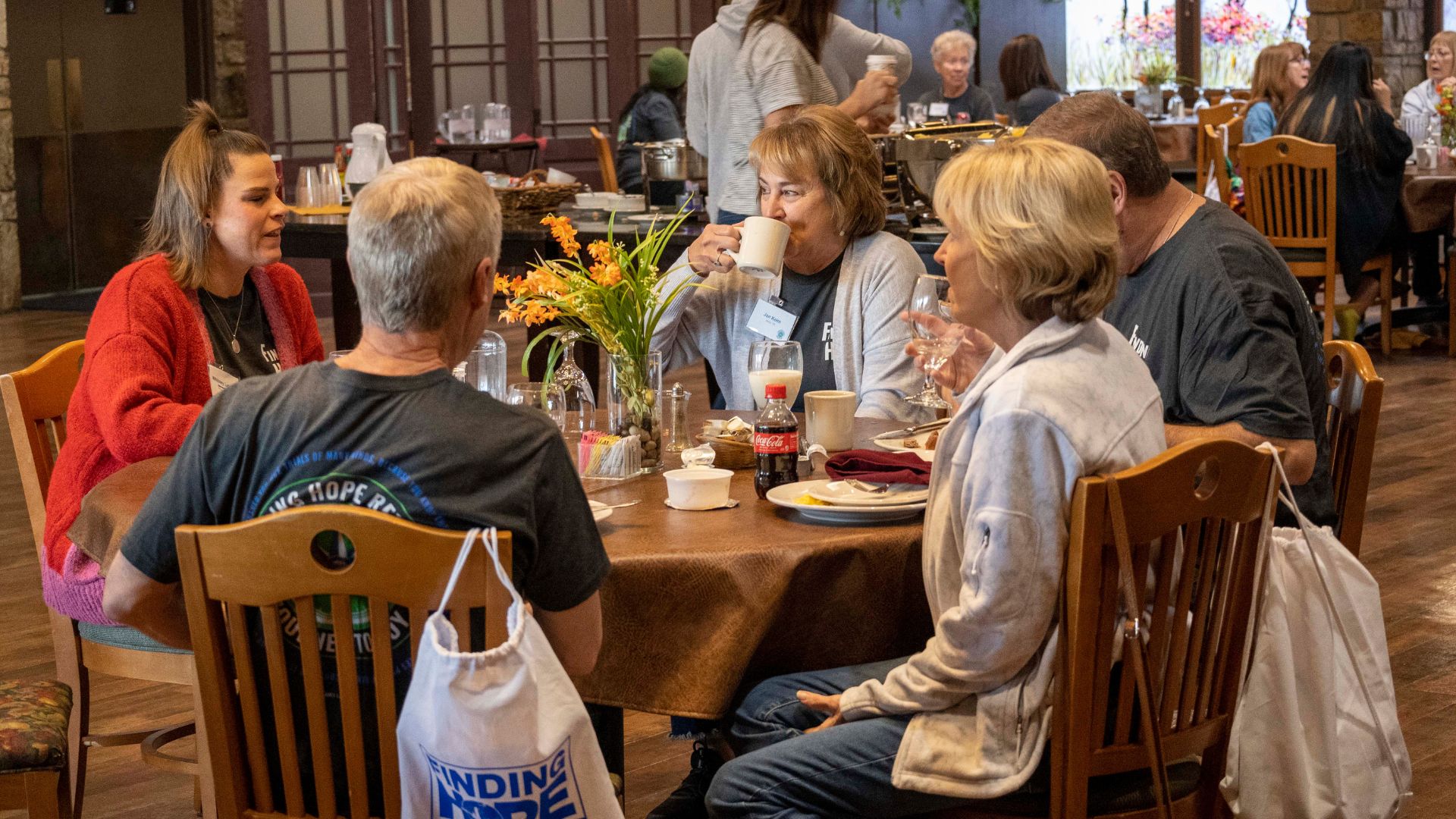
God Has Me Where He Wants Me: The Story of Mike Summers
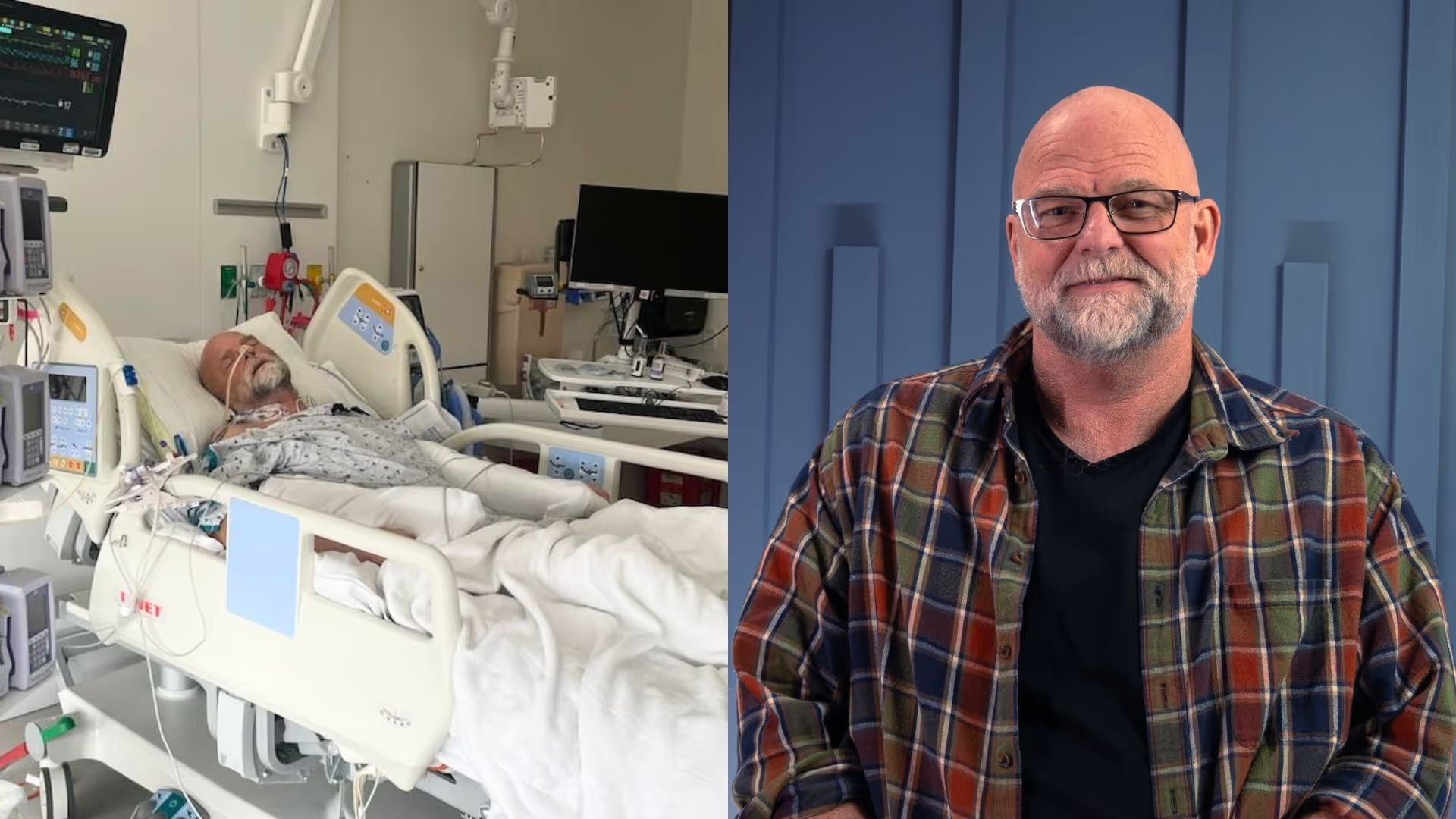
God Has Me Where He Wants Me: The Story of Mike Summers
“I’ve been through things I can’t even explain, and I’m still here. There’s only one reason for that: God has me where He wants me.”
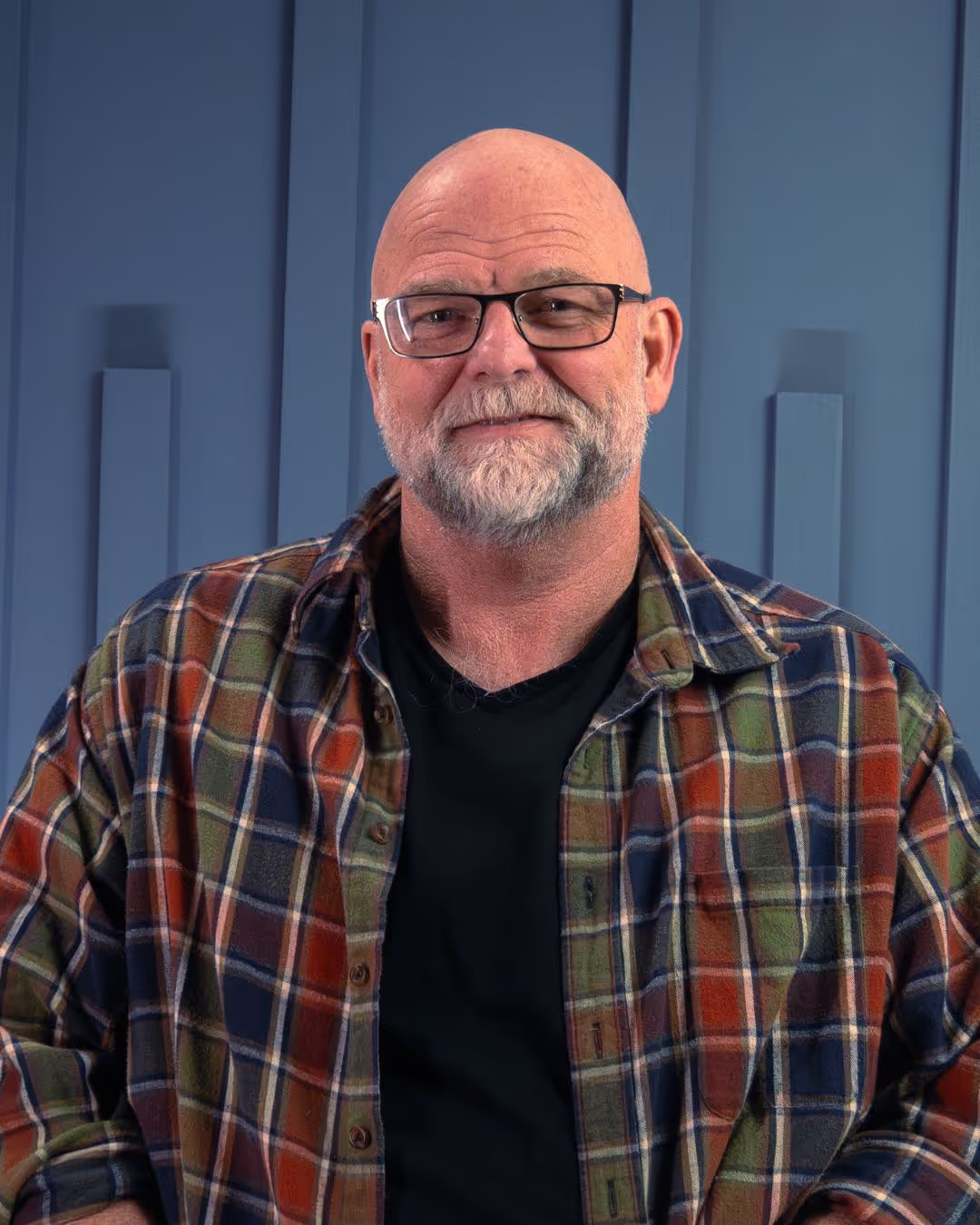
When Mike Summers first walked into a rehab program in Arkansas, he wasn’t sure he belonged there.
“I had burned every bridge with my family. I was ashamed, isolated, and just flat done with life,” he remembered.
For years, Mike had lived with the weight of disappointment — his own and everyone else’s. He didn’t feel strong, or hopeful, or ready. Mostly, he just felt tired.
That’s when he met Shawn Baker.
“Shawn walked in, and it was like a breath of fresh air. Most of the guys in rehab were rough. But Shawn was different. It was like God put him there just for me.”
That friendship would become one of the anchors of Mike’s recovery — even though his path was anything but straight.
.avif)
The Road Less Travelled
Mike Summers grew up in Fayetteville, Arkansas. By all accounts, he had a good childhood. He had a loving mother, who was the center of his world, and a caring step-dad. Their house was full of siblings, love, and laughter, and there wasn’t any turmoil in Mike’s childhood.
But after high school, everything changed. Sports had become Mike’s identity, and when an injury in college ended his athletic career, he lost his sense of direction.
“I didn’t realize it then,” he said, “but I wasn’t just making bad choices. I think I was searching for a purpose.”
That search led to marijuana, then meth, and eventually time in jail. From there, things spiraled to a place Mike never imagined.
“For 30+ years, drugs and alcohol ran my life,” he shared. “Every relapse got worse because I thought, what’s the point? I’m already too far gone.”
But God wasn’t done with Mike.
One night, everything came to a head. Mike was ambushed by two men he thought he could trust. They beat him for eight hours — shattering his face, breaking his ribs, and leaving him unconscious. Believing he was dead, they stuffed him in the trunk of a car, planning to burn it with him inside.
On the way to their ditch site, a police officer noticed something wrong about a turn they made and gave chase. The car crashed, and at that moment, Mike woke up in the trunk.
“I pulled the emergency latch, and there were paramedics and cops waiting,” he said. “If that cop hadn’t chased them, I wouldn’t be here.”
That brush with death gave Mike a brief window of clarity. He got sober for a time and went back to school, earning his bachelor’s degree. He even got married and fathered a little girl. For four years, he managed to stay away from meth. But a back surgery led to pain pills, and everything spiraled again.
“I lost my teaching program. My mom died. My wife divorced me and took my kid. And then I really, really spiraled.”
A few years later, Mike finally reached out for help and went to treatment at the same place as Shawn Baker. When Mike got out of treatment, he did well, staying sober for about a year before relapsing again.
Meanwhile, his health was deteriorating. While working cattle, he had a heart attack. He’d ignored the warning signs because he didn’t see the point in addressing them. But the doctors fixed him up nonetheless, and within two weeks, he was right back on drugs. It didn’t matter that his body was failing him.
“I just couldn’t stop,” he admitted.
The Road to Recovery
By the time COVID hit, things had spiraled even further. Mike was sick, worn down, and completely broken. Desperate, Mike borrowed a phone and called Shawn. By then, Shawn was part of Hope is Alive.
“I told him, ‘I’m about to kill myself. I can’t stop drinking. I can’t stop using.’”
That spurred Shawn into action, leading him to pick Mike up and bring him to his home in Yukon, Oklahoma. Finally, something good was happening.
Until that next morning, when something was terribly wrong. Mike woke around 5 a.m., unable to breathe. With Shawn already at work, he called out to Shawn’s wife, Leslie, and told her, “I need an emergency room. Now!”
.avif)
Mike was immediately hospitalized and doctors prepared Mike’s family and friends for the worst. His kidneys had failed, his heart was weak, and life support was keeping him alive.
“Give me 48 more hours,” one doctor told his brothers. “If nothing changes, we’ll have to talk about options.”
Things didn’t look good for Mike. But within an hour of that conversation, Mike’s kidney function began to rise and his heart rate improved. It was enough to get him off life support, though he remained in intensive care for several more weeks. Continuous dialysis removed bag after bag of fluid from his body as he quietly fought to stay alive.
“I didn’t think my family loved me anymore,” Mike said. “But when I opened my eyes, all of my sisters, my brothers, my nephews — about fifteen people — were there.”
During one dialysis session, hospital staff handed Mike a Do Not Resuscitate form.
“I just started crying.”
It was then that a nurse came to his side, held his hand, and said, “You’re going to be okay. I’m not leaving you.”
That moment meant more to Mike than she could have possibly realized, and she also made sure he always got the same room near the nurses’ station, where he felt safe.
“She was my angel, and I never got to thank her,” Mike said.
Despite dire predictions, Mike’s body healed. His kidneys began functioning at 70%. His heart improved from 40% to 50%. Even his doctor shook his head and said, “Your God is good. You shouldn’t be alive.”
On March 6th, 2024, with nowhere to go, Shawn and Leslie opened their home to him once again. Leslie got him on the right diet, made sure he exercised, and cared for him like family. By April 10th, 2024, Mike was accepted into Hope is Alive.
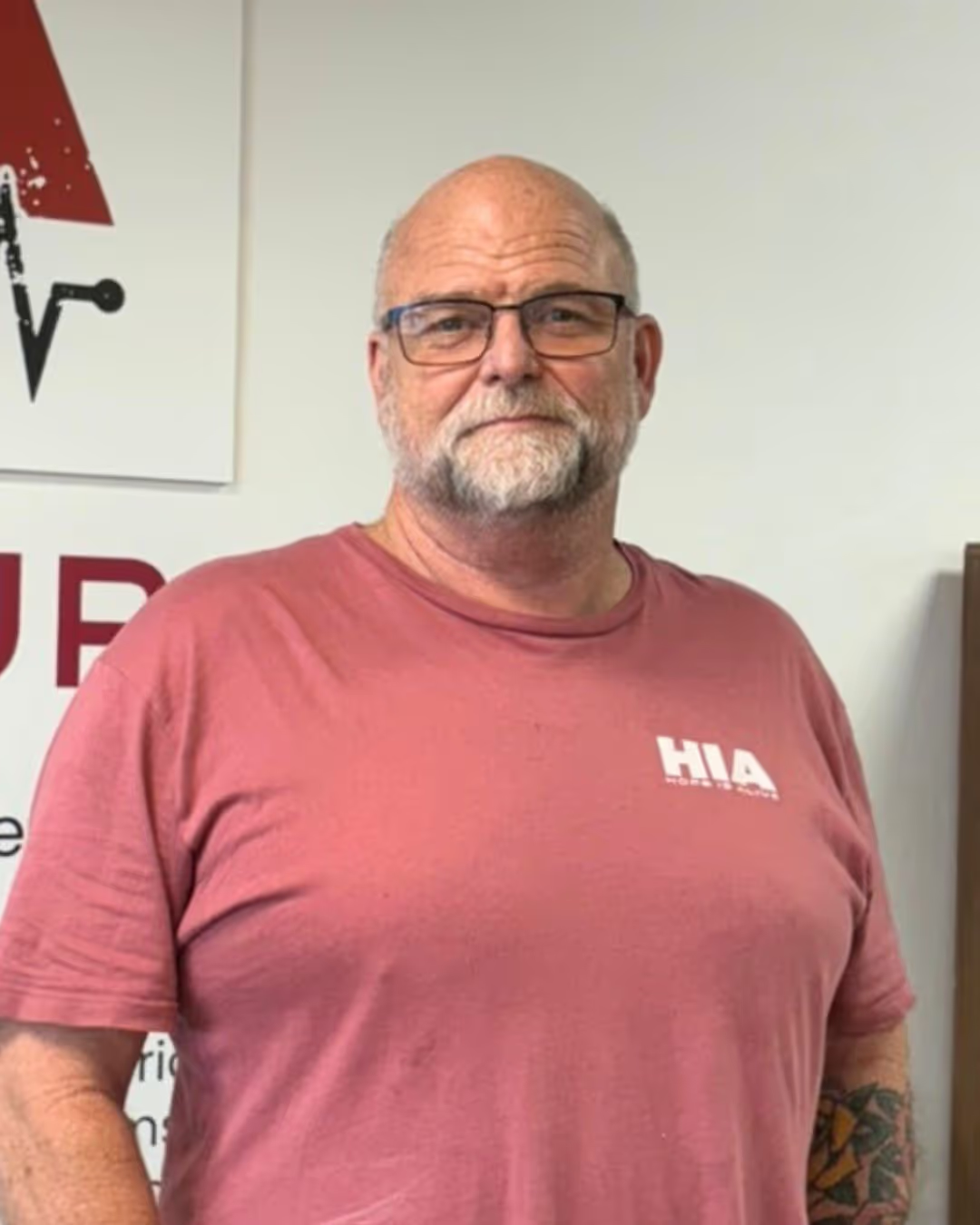
Now, more than 18 months sober, Mike says the fellowship and brotherhood at HIA have changed his life.
“The guys, the community — that’s the heart and soul of HIA,” he said.
Mike also found healing in classes he never thought he needed, including those about codependency and trauma.
“I didn’t think I had childhood trauma,” he admitted. “But losing sports and losing my identity were my trauma.”
Now, Mike often thinks back to something his mother told him before passing away:
“You’re a drug addict for a reason. Someday, when you get well, you’ll be able to help somebody. People will listen to someone who’s been there.”
That’s now Mike’s mission: to share his story so others know there’s hope.
“God has me where He wants me,” he said. “And now, I just want to help somebody else.”


